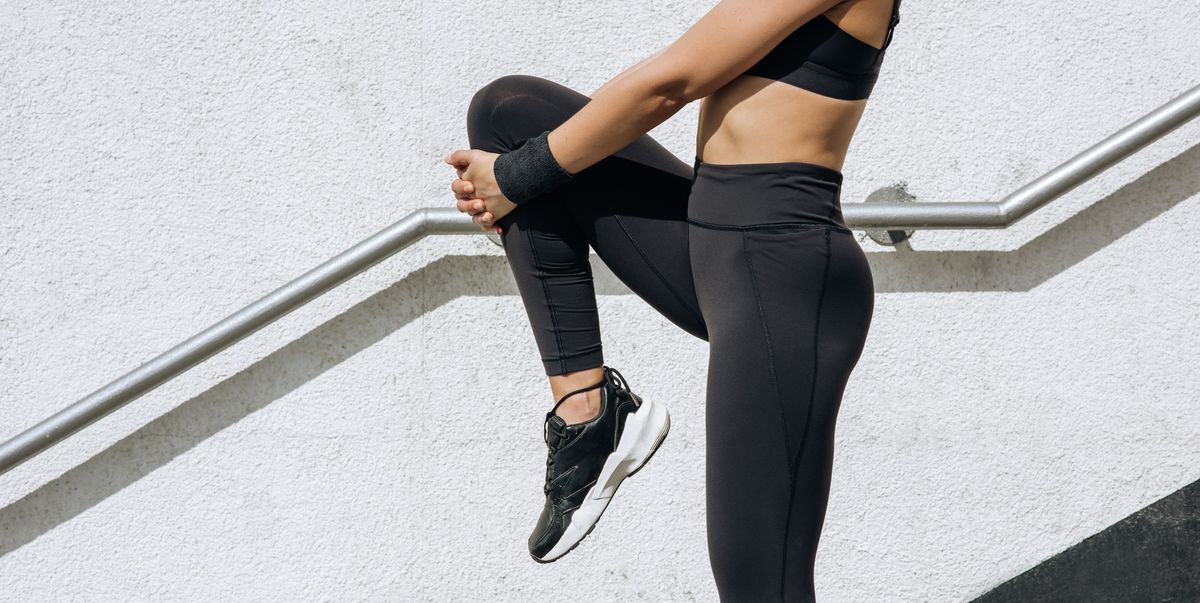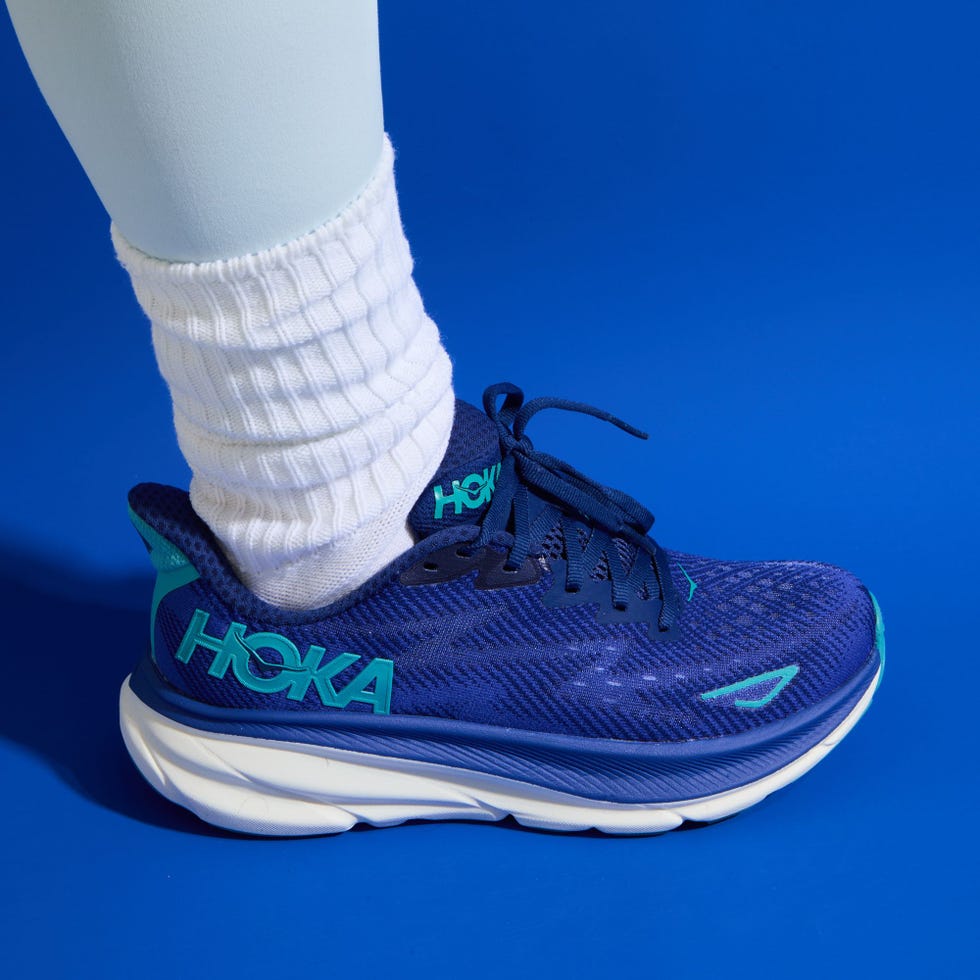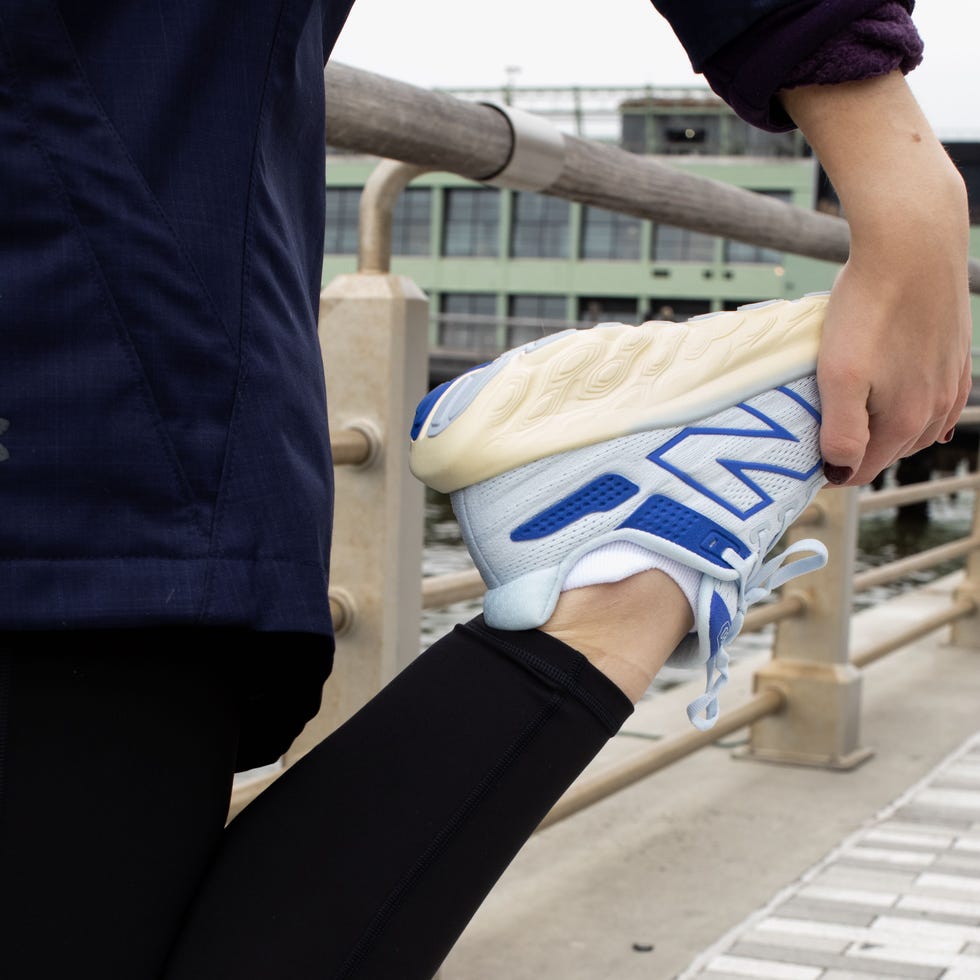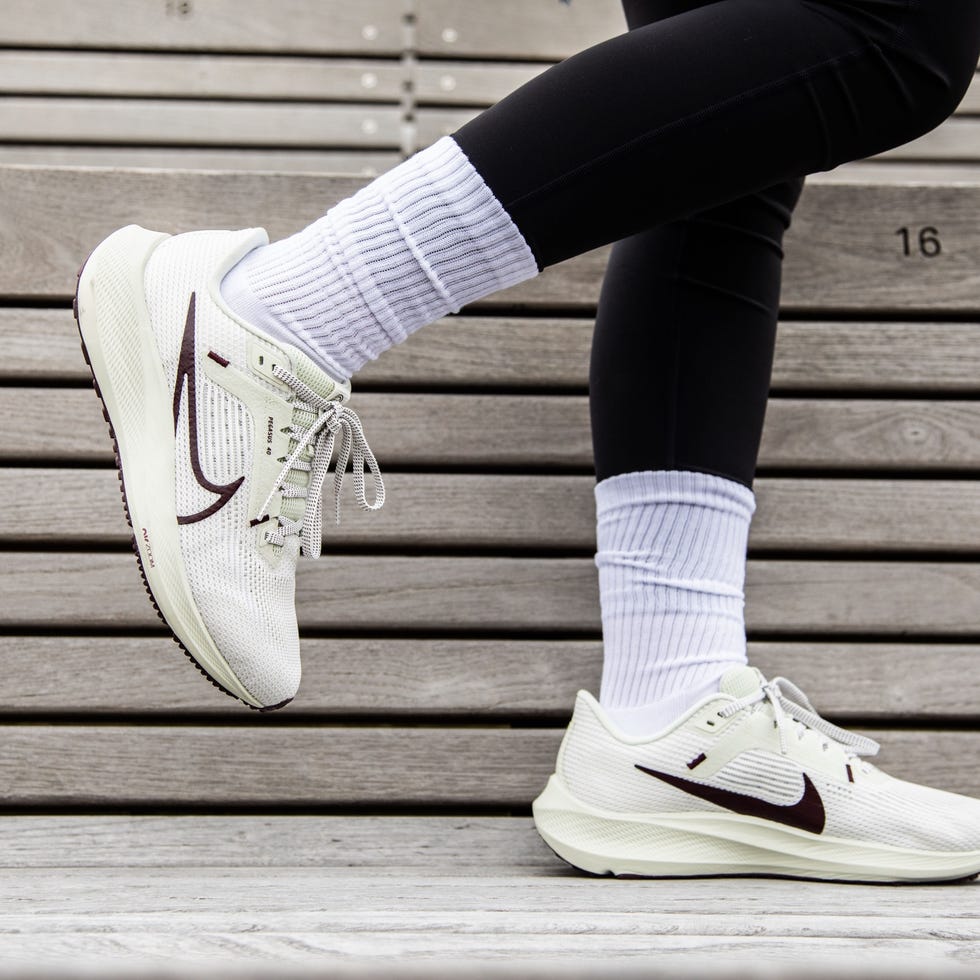Has walking become a staple in your weight loss journey? Can’t blame you. This low-impact cardio workout has a laundry list of benefits, from improving your heart health to aiding calorie burn.
With walking, there are a plenty of simple tweaks you can make to maximize those benefits (and, BTW, Women’s Health created an exclusive 4-week walking plan to help you do that). Two ways include either increasing your speed (a.k.a. walking faster) or increasing your distance (walking farther). When it comes to walking for weight loss, though, is one more effective than the other?
Here’s what experts think about if you should tack on an additional half-mile to your daily walk or zoom through your route faster than usual.
Meet the experts: Lauren Hannon Redler, MD, is an orthopedic surgeon and sports medicine physician at NewYork-Presbyterian/Columbia University Irving Medical Center. Johanna Contreras, MD, is a cardiologist at Mount Sinai Fuster Heart Hospital. Rachelle Reed, PhD, is an exercise scientist in Athens, GA.
When it comes to weight loss, is it better to walk faster or farther?
Experts are mixed on whether walking farther or faster is better for weight loss. Walking slower, but farther, keeps you in zone 2 cardio (a level of heart rate training categorized as 60 to 70 percent of your heart rate max). So, that’s what Lauren Hannon Redler, MD, an orthopedic surgeon and sports medicine physician at NewYork-Presbyterian/Columbia University Irving Medical Center previously told Women’s Health she prefers.
During zone 2, your body uses fat as its primary source of fuel, though this does not equate to losing fat from your body, Rachelle Reed, PhD, an exercise scientist in Athens, GA, said. Still, walking at a slower speed for a longer period of time (about three miles per hour for an hour) led to greater total fat loss in postmenopausal women in a 2023 study in Nutrients.
WH-Approved Walking Shoes
Meanwhile, walking faster demands more of your metabolism and burns more calories because it’s a harder workout, Johanna Contreras, MD, a cardiologist at Mount Sinai Fuster Heart Hospital said. “If people want to lose weight, they need to think about increasing that exercise level,” she said. Focusing on burning calories—rather than using an energy source of fat versus glucose—is probably more important for a weight loss goal, Reed said. Plus, even though you’re walking faster, you’re likely still in zone 2 anyway.
Ultimately, weight loss is tricky—and determined by a lot more than your exercise selection. For example, genetics, nutrition, and environment all play a role, according to the National Institutes of Health. Keep in mind that walking slower for longer can eventually even out to walking faster for a shorter amount of time, so the “better” between the two might just be what feels best for you, especially since exercising consistently is most important to reap health and weight loss benefits, Reed said.
Want to take your walks to the next level? Try the Women’s Health 4-Week Walking Plan: Burn Fat, Build Muscle, which is free for WH+members.
The truth is that walking both farther and faster is ideal, Dr. Contreras said. But, you might only have the time—or energy—for one. Whichever you choose to do, “All walking is important,” Dr. Contreras said. Remember: Whether it’s doing an extra lap in the grocery store or taking the stairs, you’re making a difference, she said.
Olivia Luppino is an editorial assistant at Women’s Health. She spends most of her time interviewing expert sources about the latest fitness trends, nutrition tips, and practical advice for living a healthier life. Olivia previously wrote for New York Magazine’s The Cut, PS (formerly POPSUGAR), and Salon, where she also did on-camera interviews with celebrity guests. She’s currently training for her first half marathon, inspired by her many colleagues at WH who have run one.
Read the full article here







